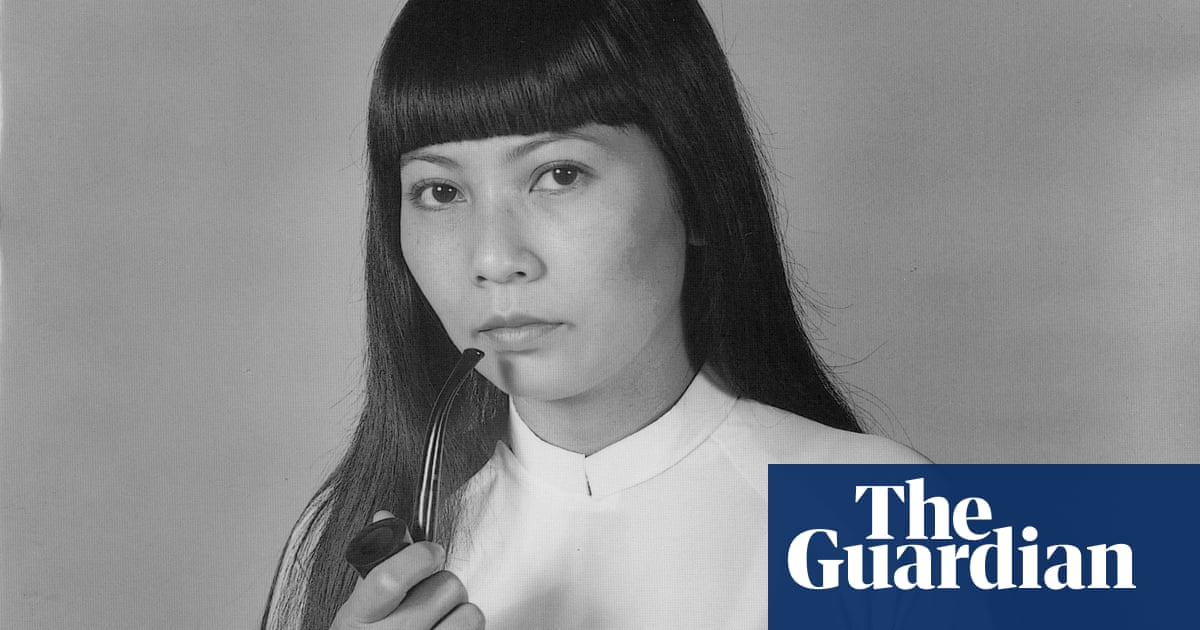Although the term “Asian American” is now commonly used, it is relatively new, having been coined in 1968 by UC Berkeley activists Emma Gee and Yuji Ichioka. They created the term to provide an umbrella identity for their student organization, the Asian American Political Alliance. The term gained popularity as it replaced the derogatory term “oriental” and allowed immigrants from Asia to come together for greater political influence.
However, the term has faced criticism for overlooking the experiences of those from less economically powerful Asian nations. An art exhibition at New York University’s 80WSE Gallery aims to explore and deconstruct the term “Asian American” while showcasing a diverse range of art created within the community.
The exhibition, titled Legacies: Asian American Art Movements in New York City, features over 100 works from 90 different creators, presenting a rich tapestry of aesthetics, movements, and artistic philosophies. The show’s co-curator, Howie Chen, expressed that the goal was to map out three decades of Asian American diasporic activities in New York City, highlighting the contributions of key organizations like Godzilla: Asian American Art Network, the Basement Workshop, and Asian American Arts Centre.
Chen and his collaborators delved into archives and subcultures to uncover the diverse art aesthetics encompassed by the Asian American art movement. The exhibition offers a dizzying array of eras, aesthetics, and media, inviting viewers to engage with the art on a personal and subjective level.
One of the featured artists, David Diao, known for deconstructing modernist art, showcases his work that challenges dominant narratives and exclusions within the art world. Another artist, Hanh Thi Pham, explores Eurocentric tropes and forced migration experiences through her photography.
The exhibition has garnered positive responses, particularly from curators and academics grappling with questions of representation. Chen hopes that Legacies offers a multi-faceted experience for all visitors, allowing them to engage with the art in their own unique way.
